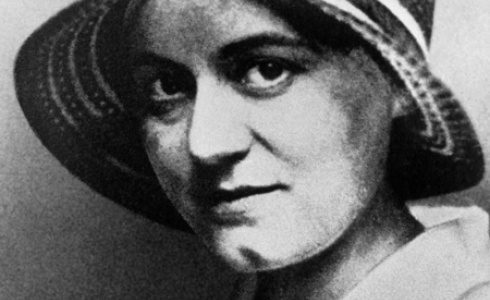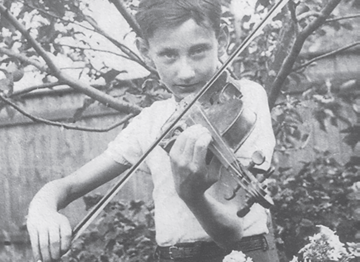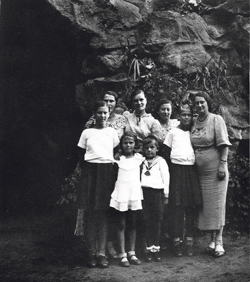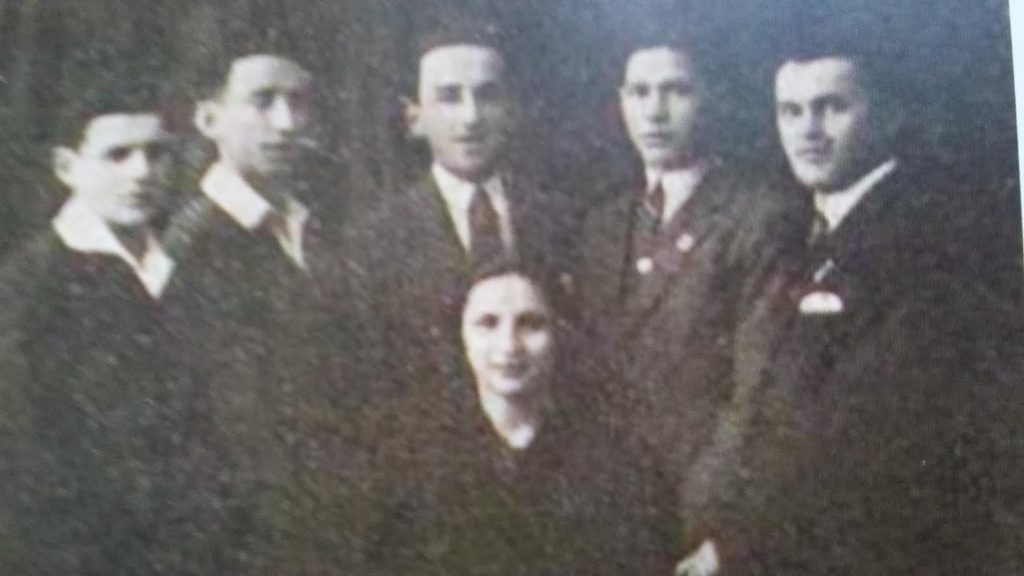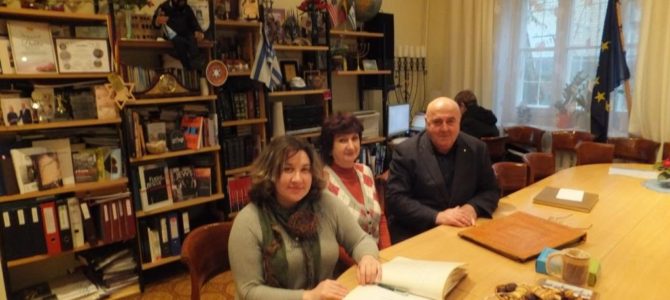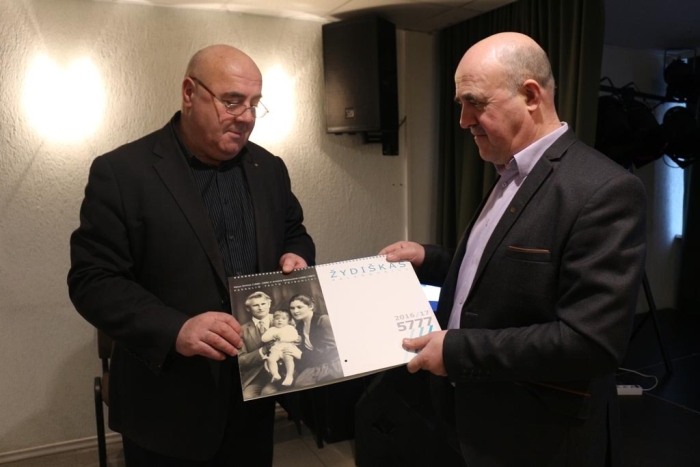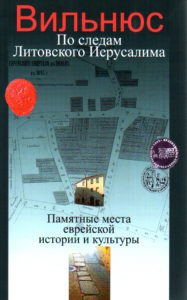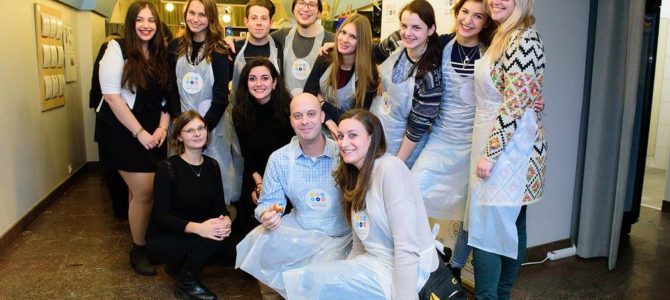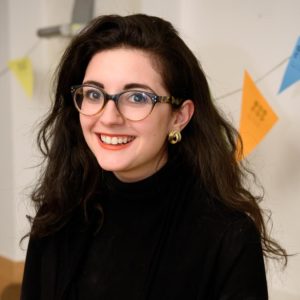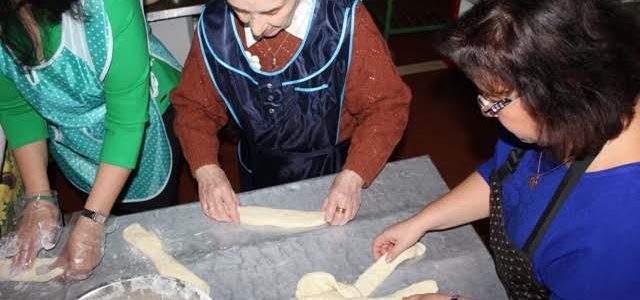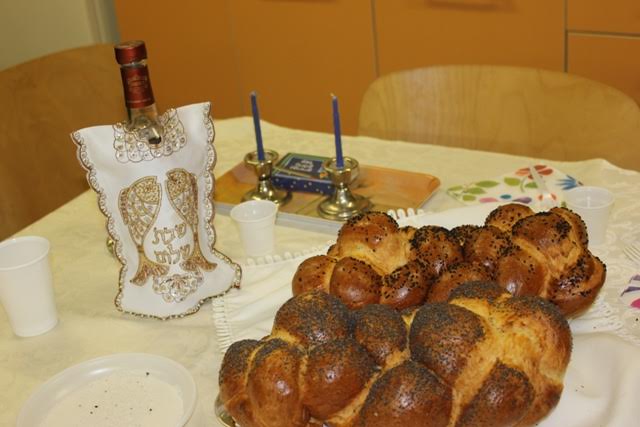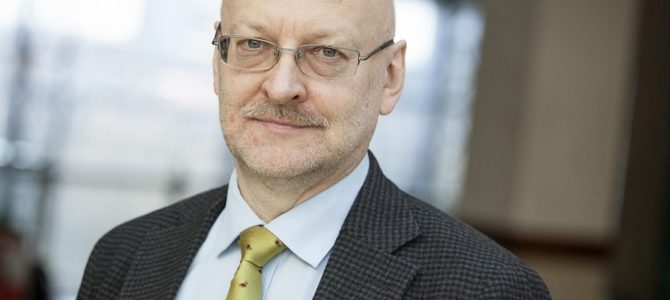
Stupidity so bravely jumps upon the soap-box in Lithuania now that there is nothing left to be surprised at, except perhaps that there are people still surprised at stupidity. But there are worse things than stupidity. This happens when politicians instead of making a decision attempt to hide cowardly behind political discussions.
This happened in Vilnius yesterday when the city municipality held a discussion called “Should We Change the Name of Kazys Škirpa Alley?” The municipality announced the discussion was being held because “arguments have arisen in society about the name of Škirpa Alley.”
What can this sort of political discussion change, except that Lithuania as a European state will attract greater shame? Do we really need to discuss whether only an anti-Semite who personally shot innocent people is bad or whether those who inspired him to the act might also be bad, in the 21st century in Vilnius, on whose city limits is the Ponar mass grave where all the Jews of the city were shot?
It’s beyond absurd to hold this sort of political discussion. Colonel Kazys Škirpa began his career as a hero, he was the first volunteer soldier, and later became ambassador to Berlin. Kazys Škirpa would have remain a hero forever if he hadn’t been the leader [sic, founder] of the anti-Semitic Lithuanian Activist Front which called for the murder of Jews.
No political discussion can deny this fact. As with other facts in our painful 20th century history.
Vilnius mayor Remigijus Šimašius instead of making a decision to change the name of the street is hiding behind a political discussion by several people especially selected by the city. This draws 21st century Lithuania into yet another shameful conflict. With our own history just as much with the values which Lithuania adopted entering the European Union and NATO.
Commentary broadcast on Lithuanian National Radio.


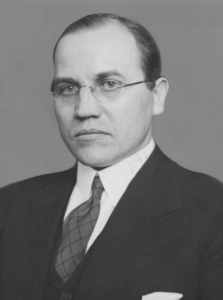
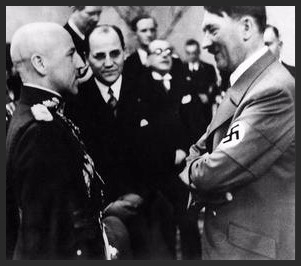
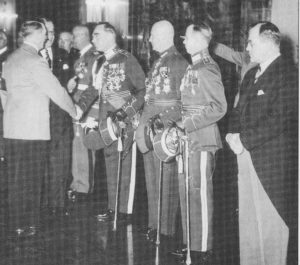 Škirpa with Hitler celebrating the latter’s 50th birthday
Škirpa with Hitler celebrating the latter’s 50th birthday